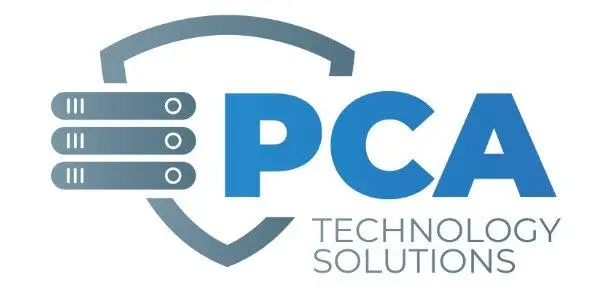How a CISSP Can Help Financial Institutions with Data Security
Financial institutions are responsible for protecting vast amounts of sensitive customer information and must remain compliant with strict industry regulations.
To ensure data security, it is critical for financial institutions to have a solid security strategy that is regularly reviewed and updated as needed. One way to accomplish this is to employ a Certified Information Systems Security Professional (CISSP).
In this article, we will discuss:
-
- what a CISSP is,
- their role in financial institutions, and
- how they can help protect data.
What is a CISSP?
A CISSP is a professional certification that is awarded by the International Information Systems Security Certification Consortium (ISC2).
The certification is designed to show that an individual has a comprehensive understanding of the common body of knowledge in the information security field. The CISSP is the most widely recognized credential for security professionals and is a highly sought-after skill in the industry.
CISSP Certification Requirements
In order to become a CISSP, an individual must demonstrate their knowledge and experience in the field of information security.
To do this, they must pass a comprehensive exam that covers a wide range of topics, including risk management, security engineering, and cryptography.
Additionally, they must have a minimum of five years of experience in the field or four years of experience and a four-year degree in a relevant field.
The Role of the CISSP in Financial Institutions
The role of the CISSP in financial institutions is to ensure that their data is secure and compliant with industry regulations.
They are responsible for:
-
- developing and implementing security policies and procedures,
- monitoring and auditing the security systems,
- may also be responsible for training staff on proper security protocols, and
- providing technical support.
5 Best Practices for Data Security in Financial Institutions
The CISSP is an important part of any financial institution’s security strategy.
To ensure data security, financial institutions must employ best practices, such as:
-
- Regularly reviewing and updating security policies and procedures.
- Implementing strong authentication protocols and access control measures.
- Utilizing encryption technologies to protect sensitive data.
- Monitoring and auditing the security systems.
- Training staff on proper security protocols.
How the CISSP Can Help Financial Institutions with Data Security
The CISSP is qualified to lead an organization’s security strategy and ensure that it remains up to date and compliant with industry regulations.
They are knowledgeable in the latest security technologies and can advise on the best practices for data security.
They are also able to provide technical support and help troubleshoot any security issues that may arise.
Additionally, they can help develop security policies and procedures that are tailored to the organization’s needs.
The Difference Between the CISSP and Other Security Certifications
The CISSP is the most widely recognized security certification and is the most comprehensive.
It is designed to show a comprehensive understanding of the common body of knowledge in the information security field.
Other security certifications, such as the Certified Information Systems Auditor (CISA) or the Certified Information Security Manager (CISM), are more specialized and focus on specific aspects of security, rather than being comprehensive.
Types of Data Security Solutions Used by Financial Institutions
Financial institutions must employ a variety of data security solutions to protect their data.
Common solutions include:
-
- firewalls,
- antivirus software, and
- encryption technologies.
Additionally, they may also use access control technologies, such as two-factor authentication, and application security solutions, such as web application firewalls.
Benefits of Implementing a CISSP-led Security Strategy
Implementing a CISSP-led security strategy can provide numerous benefits for financial institutions.
- It can help ensure that their data is secure and compliant with industry regulations.
- Additionally, it can provide peace of mind knowing that their security strategy is being managed by a professional who is knowledgeable in the latest security technologies.
Conclusion
The Certified Information Systems Security Professional (CISSP) is an important part of any financial institution’s security strategy.
They are qualified to lead an organization’s security strategy and ensure that it remains up to date and compliant with industry regulations. They are knowledgeable in the latest security technologies and can advise on the best practices for data security.
By implementing a CISSP-led security strategy, financial institutions can ensure that their data is secure and compliant with industry regulations.
Contact PCA Technology Solutions today to see how we can partner with your institution to help ensure your data security. PCA’s CEO, Ted Clouser, holds the highly regarded CISSP certification.

